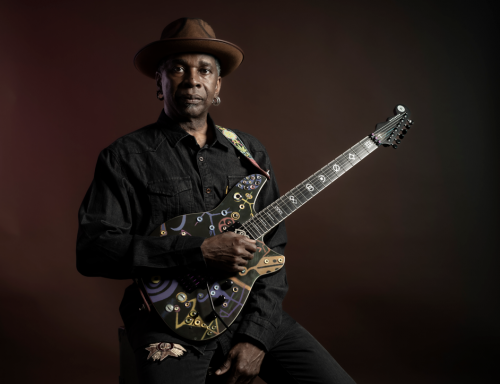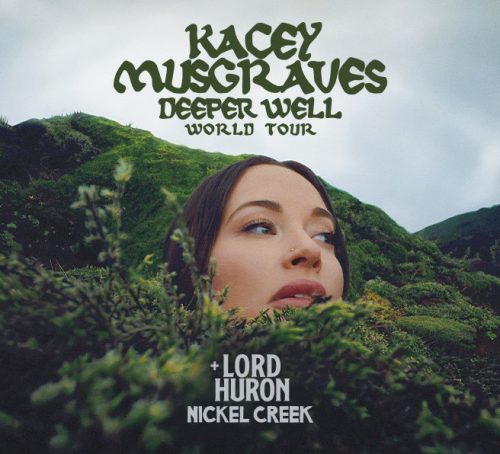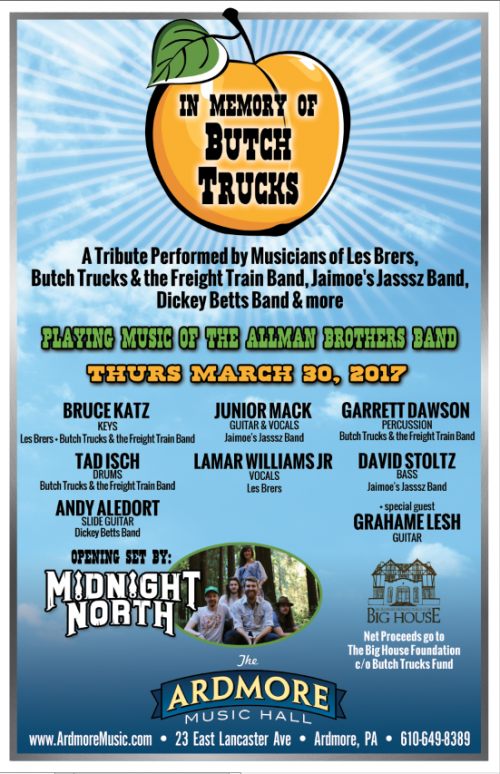Vernon Reid is talking about his solo album, but you wouldn’t know it as he rattles off name after name of collaborators, peers and influential forefathers. The founding guitarist of the groundbreaking rock band Living Colour who has worked with everyone from Mick Jagger to Public Enemy to Mariah Carey while impacting the underground jazz and rock scenes will soon release “Hoodoo Telemetry,” his first solo record in more than 20 years. Despite his reputation as one of rock’s most innovative guitarists, it’s rare that he steps into the spotlight, as he has done with the new record, out Oct. 3.
“It’s partly about the state of my mind, and it’s also about a state of mind after the pandemic,” Reid says of his decision to release a solo album now. “We’re still affected by it. We’re still very affected by it. Like a lot of things, like a lot of people didn’t make it to the other side. Businesses like one of my favorite cafes. They were always just hanging on, but they were hanging on and the pandemic did them in.”
Reid is working on a new Living Colour album, and in February, his new live score for the classic movie “Body and Soul,” which stars Paul Robeson in his film debut, will be screened at The Town Hall. But before that, he’ll be celebrating “Hoodoo Telemetry” at the Blue Note on Sept. 24 for two shows under the banner Vernon Reid and Friends.
Reid, who still calls Staten Island home, told us about how he made the album, playing at Ozzy Osbourne’s final show and the “unbroken chain” of black artists in rock.
Tell me about the song “Beautiful Bastard.” I know you had it kicking around for a while and considered releasing it with The Yohimbe Brothers.
It’s a funny type of tune because I have a whole cockeyed view of what relationships are. If anything, it describes a kind of situation and the idea of something where you’re entangled, that’s “the other,” that phrase has come up, and this was written before all of that, but it describes it in entangled situations. That’s what the song is about. And in the landscape of “Hoodoo Telemetry,” that entangled situation is a definite component.
How do you decide what players to use on which tracks? Do you know as you’re writing or does it come later?
It’s a curious process because sometimes it’s very obvious where you want to go. Other times, it’s a bit of using different ingredients and going, OK, well, maybe this on that and maybe not so much on this other piece. Because on this record there are things that are absolutely live, there are things that are constructed, and both approaches are 100 percent valid. The live parts were very poignant because they were using using members of Greg Tate’s projects, Burnt Sugar, which I’ve been associated with from the start, but it’s really his project. And then he passed during the making of this record, and that was a pretty traumatizing situation. He was a friend of mine for over 30 years. He’s a co-founder of the Black Rock Coalition. We had our first ever public event on December 7, 1985, the Drop the Bomb party, and he passed on December 7, 2021. Wow. Yeah. So that became a weird process because I’m grieving the loss of a really good friend. But also I’m reminded of all the conversations, aesthetic conversations about music, about art, about literature, and we turned each other on to things. I became a fan of William Gibson because of Greg Tate.
What do you have planned for your album release show at the Blue Note?
I’m putting together a core group from “Hoodoo Telemetry,” and it’s probably going to be “Hoodoo Telemetry” songs, but also “Mistaken Identity” tunes, tunes from the first record. Leon Gruenbaum, who I’ve played with for years, he’s been an intimate part of my music for the longest time. Steve Jenkins, fabulous bassist. Don McKenzie is going to be on drums. Olithea Anglin, who’s doing mainly backgrounds, is probably going to do a lot of the lead singing. I’m going to make myself sing. I’m kind of psyched about it, you know? I’m kind of psyched about it.
What was it like performing at Back to the Beginning, the Black Sabbath and Ozzy Osbourne farewell show in Birmingham, England, in July?
It was really powerful because he meant so much to not just metal, but to hard rock, to alternative. And specifically for me, the song “War Pigs” was huge because it was so pointedly anti-war. For me, it was kind of like “Machine Gun” or “Masters of War” or Edwin Starr, the song “War,” you know? It came out at time when I think they were still bombing Laos. So to hear the last live version of “War Pigs” and to have everyone in the stadium singing every word and to see him on the black throne, I mean, yeah, it was crazy.
It didn’t feel like this is the end. It felt like “bye bye for now.” We had no idea that was going to be the case.
Living Colour really kicked the door down. As a white kid growing up in the suburbs, it was shocking to see a black hard rock band on MTV, let alone one singing a politically charged song like “Cult of Personality.”
It was a weird thing because we’re part of an unbroken chain, from my perspective. It’s not just Hendrix, but it’s Funkadelic. And it’s the Isley Brothers and it’s War and its Prince, and Bad Brains and Fishbone. Now whether or not it was mass market, but the fact that Mother’s Finest existed, that was a crucial thing. And so coming along and rock and roll music as well as jazz music and really jazz fusion, for certain, and even like Jeff Beck through his connection he had with Stevie Wonder or the Allman Brothers recording with Aretha Franklin, all these things are part of it.
Do you feel that things have become better for black artists?
They move forward. Gary Clark Jr. is here. Even going back, Robert Cray is here. Lenny Kravitz is here. If you look at a Rihanna or a Beyonce, they are rock stars. And so I would say, yes. TV On The Radio. Bloc Party. Skunk Anansie. Animals As Leaders. At the same time, it’s like we’re picking and choosing and picking and choosing this one and that one. But we progress. I think about The 1865, Honeychild Coleman’s band. All the progressions. We just lost Sacha Jenkins, the guitar player, and that’s part of the thing. This mortality, we live, we do what we can. There’s a young man on the come-up, Malcolm Brickhouse who is part of Unlocking the Truth, and Malcolm is is the real deal.




Leave a Reply